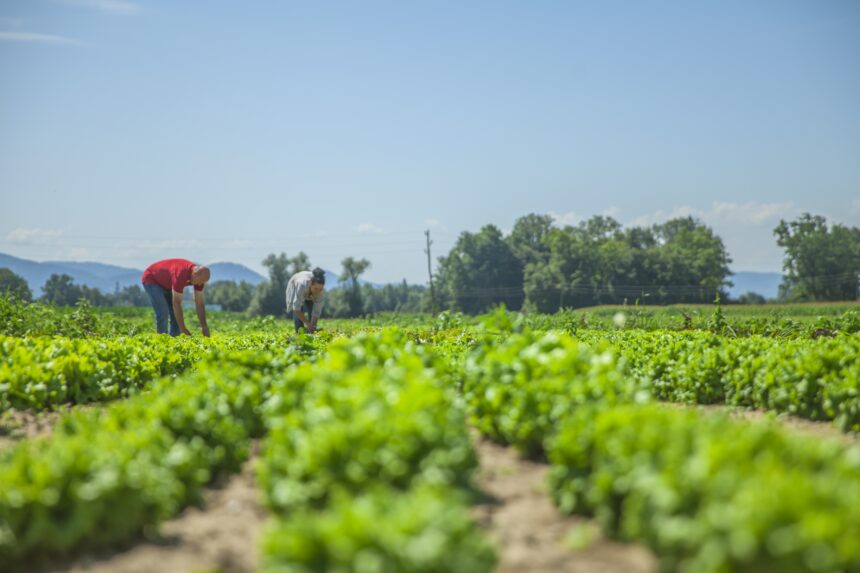Stokvels, a form of community savings clubs, have long been a part of the South African cultural and financial landscape. These informal investment groups have traditionally focused on savings and investments in various sectors, such as property, education, and small businesses. However, in recent years, there has been an increasing interest in exploring opportunities for stokvel investments in the agricultural sector. This shift represents a significant opportunity for both stokvel participants and the agricultural industry in South Africa.
Agriculture plays a vital role in the South African economy, contributing to food security, employment, and export earnings. The country boasts a diverse range of agricultural products, including fruits, vegetables, grains, livestock, and wine. With a favorable climate, abundant natural resources, and a growing demand for locally produced food, the agricultural sector presents attractive investment prospects.
One of the primary advantages of stokvel investments in the agricultural sector is the potential for sustainable and inclusive growth. By pooling resources, stokvel members can access larger capital amounts, which can be used to invest in farming equipment, land acquisition, or modern farming techniques. This collective approach enables stokvels to participate in the agricultural value chain and benefit from the sector’s profitability.
Moreover, stokvel investments in agriculture can contribute to job creation and rural development. South Africa has a significant rural population, and agriculture has the potential to provide employment opportunities and alleviate poverty in these areas. Stokvels investing in the agricultural sector can support small-scale farmers, agribusinesses, and cooperatives, fostering economic growth in rural communities.
Stokvel investments can also promote sustainable and environmentally friendly farming practices. Many consumers today are increasingly conscious of the environmental impact of their food choices and are willing to support products that are produced using sustainable methods. Stokvels can invest in organic farming, precision agriculture, or renewable energy solutions for farms, thus encouraging sustainable agricultural practices and meeting the demands of environmentally conscious consumers.
To successfully explore opportunities for stokvel investments in the agricultural sector, certain considerations must be taken into account. Firstly, stokvel participants should undertake thorough research and seek expert advice on the specific areas of agriculture they plan to invest in. Understanding market trends, supply and demand dynamics, and potential risks is crucial to making informed investment decisions.
Collaboration and partnerships are also key factors for success. Stokvels can form alliances with agricultural cooperatives, farming associations, or even individual farmers to leverage their expertise and establish mutually beneficial relationships. These partnerships can provide stokvels with access to knowledge, land, infrastructure, and distribution networks, while simultaneously supporting local farmers and enhancing their productivity.
Another essential aspect is financial literacy and education. Stokvel participants should have a good understanding of agricultural investment concepts, including risk management, cash flow analysis, and the potential returns associated with different agricultural ventures. Promoting financial literacy within stokvels through workshops, seminars, and access to financial advisors can empower members to make informed investment decisions and maximize their returns.
Furthermore, leveraging technology and digital platforms can enhance the efficiency and transparency of stokvel investments in the agricultural sector. Online platforms can facilitate communication, financial transactions, and monitoring of investment performance, making it easier for stokvel members to stay informed and actively participate in decision-making processes.
In conclusion, exploring opportunities for stokvel investments in the agricultural sector in South Africa offers significant potential for economic growth, job creation, and sustainable development. Stokvels can play a crucial role in supporting local farmers, adopting environmentally friendly practices, and ensuring food security. However, it is important for stokvel participants to conduct thorough research, seek expert advice, and promote financial literacy within their groups. By doing so, stokvels can unlock the full potential of agricultural investments and contribute to the overall prosperity of South Africa.










